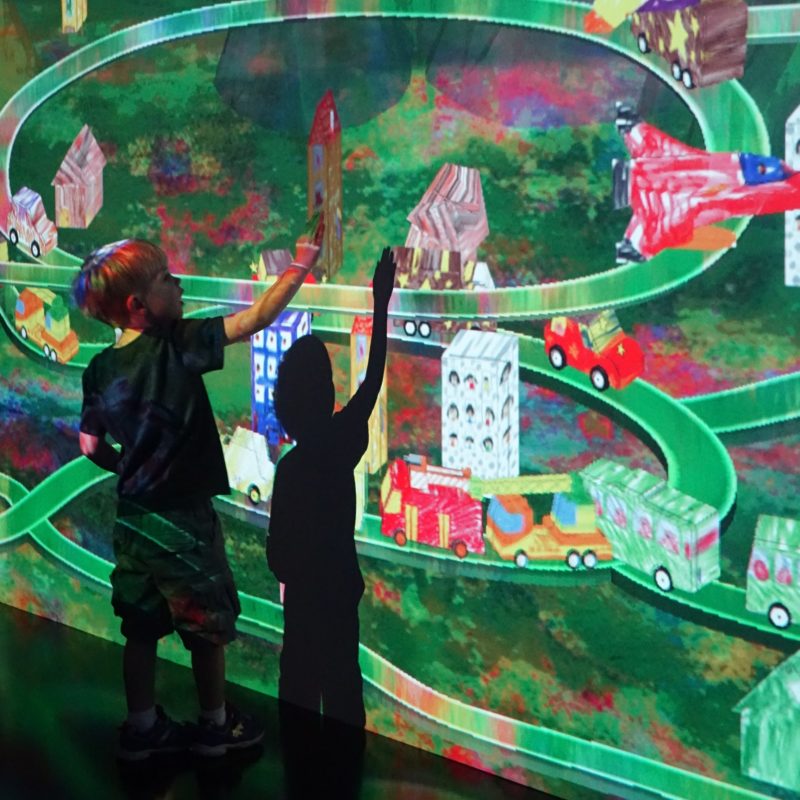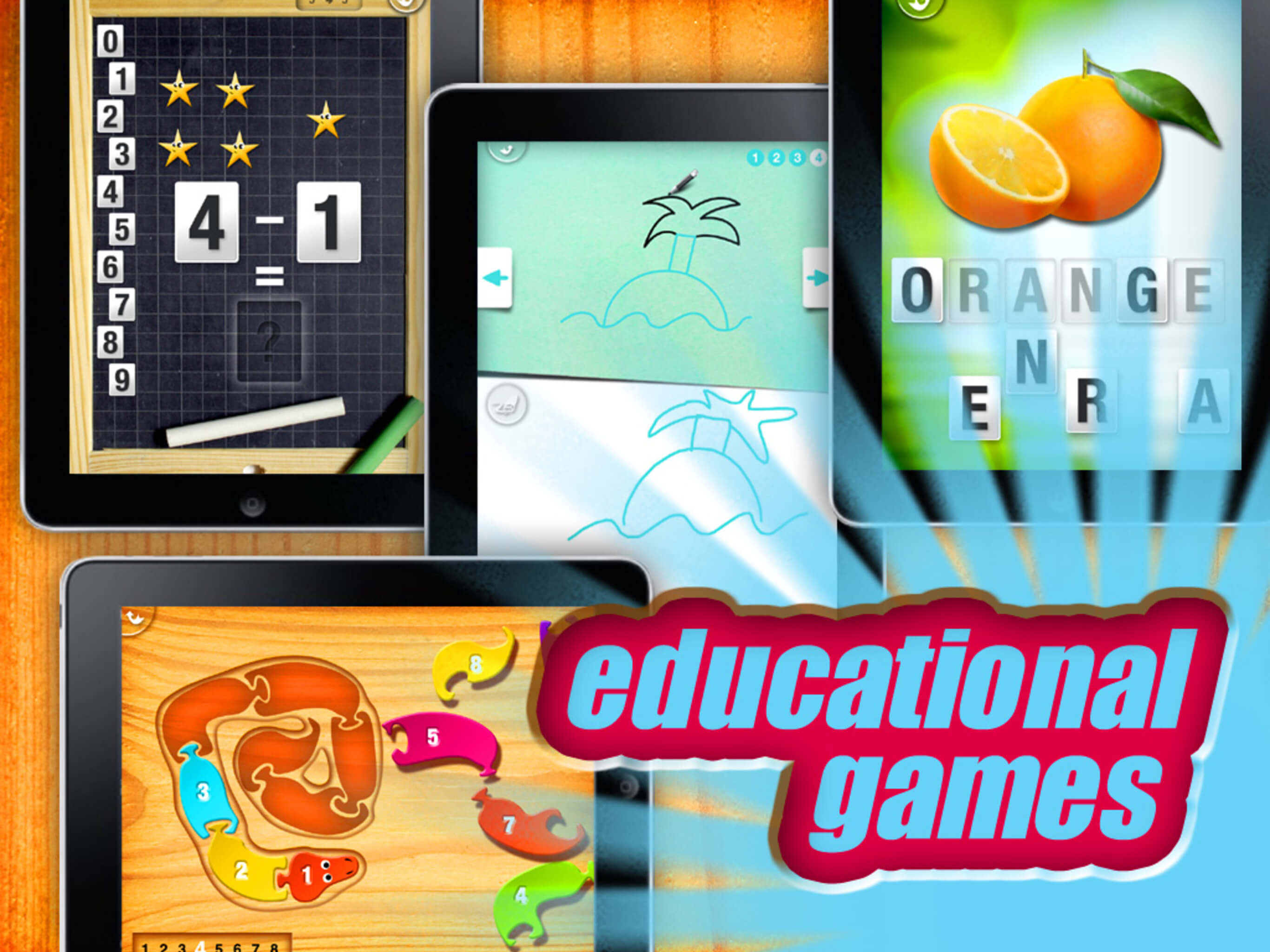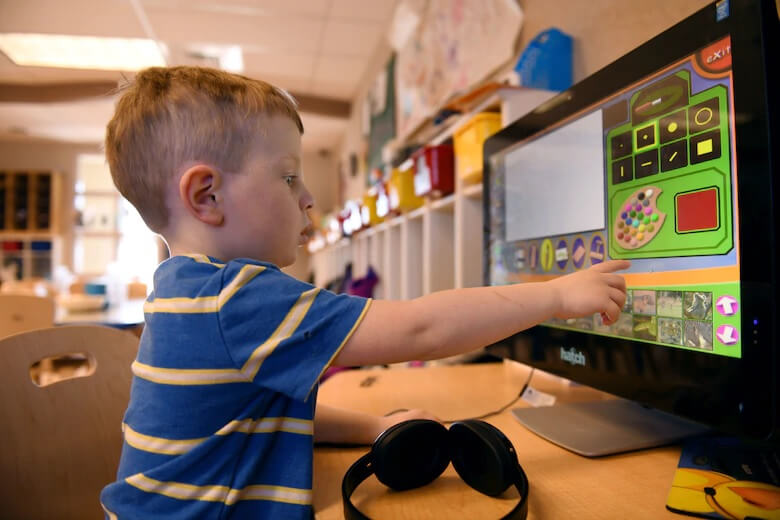The Future of Play: Exploring Educational Games for Children in 2025
Related Articles: The Future of Play: Exploring Educational Games for Children in 2025
Introduction
With enthusiasm, let’s navigate through the intriguing topic related to The Future of Play: Exploring Educational Games for Children in 2025. Let’s weave interesting information and offer fresh perspectives to the readers.
Table of Content
The Future of Play: Exploring Educational Games for Children in 2025

The year 2025 is not too far off, and the landscape of children’s entertainment is poised for a significant transformation. While traditional toys and games remain relevant, the digital age has ushered in a new era of interactive learning experiences. This article delves into the evolving world of educational games for children, exploring their potential impact on learning, development, and play in 2025.
The Rise of Immersive and Personalized Learning:
Educational games in 2025 are expected to be highly personalized and immersive. Leveraging advancements in artificial intelligence (AI) and virtual reality (VR), these games will adapt to individual learning styles and pace. Imagine a game that analyzes a child’s strengths and weaknesses, tailoring its difficulty and content accordingly. This personalized approach can foster a deeper understanding of concepts and enhance engagement, making learning a more enjoyable experience.
Augmented Reality (AR) and the Blending of Physical and Digital Play:
Augmented reality will play a pivotal role in bridging the gap between the physical and digital worlds. Children can interact with virtual objects superimposed on their real-world environment, bringing their favorite characters and stories to life. Imagine a child playing with a dinosaur toy that comes to life through AR, providing them with interactive information about the creature’s anatomy and behavior. This integration of physical and digital elements can encourage creativity and problem-solving skills.
Gamification for Real-World Skills:
Educational games in 2025 will go beyond traditional academic subjects, focusing on developing crucial life skills. Children can learn teamwork, communication, and critical thinking through engaging simulations and interactive challenges. Imagine a game where children collaborate to solve a complex puzzle, requiring them to negotiate roles, communicate effectively, and leverage their individual strengths. This approach can equip children with essential skills for navigating the complexities of the modern world.
Social Interaction and Collaboration in Online Environments:
Online platforms will play a crucial role in fostering social interaction and collaborative learning. Children can connect with peers from around the world, engaging in virtual playdates, collaborative projects, and shared learning experiences. This fosters a sense of community and promotes inclusivity, allowing children to learn from diverse perspectives and develop essential communication skills.
Safety and Ethical Considerations:
As with any technology, it is crucial to address the safety and ethical implications of educational games. Developers must prioritize child safety, ensuring that games are age-appropriate, free from harmful content, and promote responsible online behavior. Transparency and data privacy are also paramount, ensuring that children’s information is protected and used ethically.
The Importance of Balance and Moderation:
While educational games offer immense potential, it is crucial to maintain a balanced approach. Excessive screen time can have negative consequences, and it is essential to encourage other forms of play, such as outdoor activities and physical interaction. Parents and educators should strive to create a healthy balance between digital and traditional forms of learning and play.
FAQs
Q: What are the benefits of educational games for children in 2025?
A: Educational games in 2025 offer numerous benefits, including:
- Personalized and Engaging Learning: Games can adapt to individual learning styles and pace, making learning more enjoyable and effective.
- Development of Essential Skills: Games can foster critical thinking, problem-solving, communication, and collaboration skills.
- Real-World Applications: Games can simulate real-world scenarios, helping children develop practical skills for navigating complex situations.
- Social Interaction and Collaboration: Online platforms can facilitate social interaction and collaborative learning, fostering a sense of community and inclusivity.
Q: How can parents ensure that their children are using educational games safely and responsibly?
A: Parents can take the following steps to ensure their children’s safety:
- Choose age-appropriate games: Ensure that games are aligned with their child’s developmental stage and maturity level.
- Monitor screen time: Encourage a balance between digital and traditional forms of play.
- Discuss online safety: Have open conversations with children about responsible online behavior and potential risks.
- Use parental controls: Utilize parental control features to limit access to inappropriate content and manage screen time.
Q: What are some tips for choosing the right educational game for a child?
A: When selecting educational games, consider the following factors:
- Age appropriateness: Choose games designed for the child’s age group and developmental stage.
- Educational value: Ensure that the game aligns with the child’s learning goals and provides valuable educational content.
- Engaging gameplay: Look for games that are interactive, stimulating, and enjoyable for the child.
- Safety and security: Prioritize games that prioritize child safety, data privacy, and responsible online behavior.
Conclusion
Educational games in 2025 hold immense potential for transforming the way children learn and play. By harnessing the power of technology, these games can personalize learning experiences, develop essential skills, and foster social interaction. However, it is crucial to approach these advancements with a balanced perspective, prioritizing child safety, ethical considerations, and the importance of traditional forms of play. By fostering a collaborative and responsible approach, we can ensure that educational games empower children to thrive in the digital age.
![The Future Of Games In Education [Infographic] ~ Visualistan](https://1.bp.blogspot.com/-TYdbQgzAZrE/UuuT7xc6CdI/AAAAAAAAJhY/MhSAL_10bdU/s1600/The-Future-Of-Games-In-Education-Infographic.png)
![The Future Of Games In Education [Infographic] - Visualistan](http://s3.gamesalad.com.s3.amazonaws.com/Future%20of%20Games%20in%20Education.png)






Closure
Thus, we hope this article has provided valuable insights into The Future of Play: Exploring Educational Games for Children in 2025. We thank you for taking the time to read this article. See you in our next article!